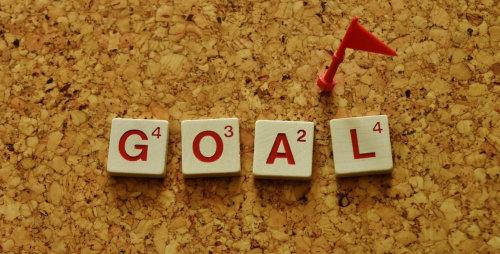Storing items in a garage or shed might seem like a convenient solution to free up space inside your home. However, not everything can withstand the elements,
pests, and temperature fluctuations often found in these areas. Here’s a guide to help you avoid common pitfalls and keep your belongings in top shape.
1. Electronics
It might seem obvious, but electronics should never be stored in a
garage or shed. Temperature extremes, humidity, and rain can damage internal components, leading to rust, mold, and short circuits. Always store your electronics in a dry, climate-controlled environment.
2. Wooden Furniture
Wood is highly
susceptible to moisture, which can cause warping, cracking, and rotting. Even treated wood furniture can suffer over time when exposed to the elements. If you must store wooden items in a garage, shed, or outside, make sure they are under a waterproof cover and elevated off the ground to prevent moisture absorption.
3. Books
and Paper Documents
Paper products, including books and important documents, are vulnerable to dampness, mold, and pests like insects and rodents. Storing these items in a shed or garage is a recipe for disaster. Keep your paper goods inside, preferably in a cool, dry place.
4. Clothing and Linens
Fabric items such as clothing, linens, and bedding can attract pests and are prone to mold and mildew when exposed to dampness. The fluctuating temperatures in garages and sheds can degrade fabrics over time. Store these items indoors, using vacuum-sealed bags if you need to save space.
5. Paint and Chemicals
Extreme temperatures can alter the composition of paints and chemicals, making them unusable. Freezing temperatures can cause paint to separate and thicken, while excessive heat can lead to hazardous fumes or combustion. Always store these products in a stable,
temperature-controlled environment, away from direct sunlight and moisture.
6. Musical Instruments
Musical instruments, particularly those made of wood, are extremely sensitive to temperature and humidity changes. Storing them in a garage
or shed can lead to warping, cracking, and other damage that can affect their sound quality and playability. Keep instruments in a stable, climate-controlled area inside your home.
7. Photographs and ArtworkPhotos and artwork can fade,
warp, and become moldy when exposed to outdoor conditions. Even if they’re in a shed or garage, temperature fluctuations and humidity can still cause significant damage. Store these cherished items inside, ideally in a cool, dry place away from direct sunlight. 9. Plastic Items
While plastic is more resilient than many materials, it can still degrade when exposed to sunlight and extreme temperatures. UV rays can cause plastic to become brittle and break, while heat
can warp and melt certain types of plastic. Store plastic items inside or in a shaded, protected area.
10. BatteriesBatteries should never be stored in a garage or shed, as temperature fluctuations can cause them to leak or explode. Both
extreme heat and cold can reduce their lifespan and effectiveness. Keep batteries in a cool, dry place indoors, in a battery organizer, to ensure they remain
safe, functional, and organized. 11. Perishable Food
Even if kept in sealed containers, perishable food should never be stored in a garage or shed. The fluctuating temperatures can cause spoilage and attract pests like rodents and insects.
Always store perishable food items in a refrigerator or pantry inside your home to maintain their freshness and safety.
12. Medical Supplies
Medical supplies, including medications and first aid items, can lose their effectiveness when
exposed to heat, cold, and humidity. Some medications can become dangerous if their chemical composition changes due to improper storage. Keep all medical supplies in a cool, dry place inside your home, away from direct sunlight.
Always consider the environmental impact on your items and prioritize indoor storage for anything that
might be sensitive to the elements.












